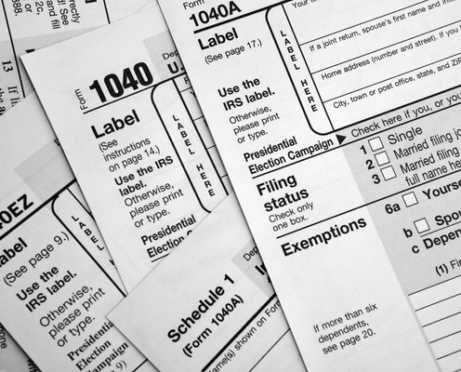
 I recently participated on a panel for a Twitter chat titled “Common Questions About Credit,” sponsored by Experian. Below are some key points about building a positive credit history when you do not currently have one.
I recently participated on a panel for a Twitter chat titled “Common Questions About Credit,” sponsored by Experian. Below are some key points about building a positive credit history when you do not currently have one.
- “Credit invisible” applies to someone who does not have any recorded credit history with the “Big Three” credit reporting agencies (Experian, Equifax, TransUnion). One in 10 adults — 26 million Americans — are “credit invisible” according to the Consumer Financial Protection Bureau.
- “Thin file” is a phrase used to describe people with a limited credit history, which makes it difficult to generate a credit score. Having a “thin file,” like being credit invisible, makes it difficult for people to get approved for credit.
- Young consumers who have not previously used credit and have no credit history are often credit invisible. Immigrants to the U.S. also face this challenge because, like young adults, they have no prior credit history. In addition, people who have not had credit in their own name (for whatever reason) may be invisible to lenders.
- Credit invisibles and consumers with thin files face financial challenges. It may not be able to access utility services without making a large deposit. It also may be very difficult to secure a loan, get a cell phone, or rent an apartment without a credit history.
- The advantages of having access to credit include: the ability to buy something or do something today and pay for it later, flexibility to make purchases and take advantage of opportunities without cash in hand, fewer hassles and expenses to rent an apartment and get service credit from utility companies, and peace of mind that you have a back-up line of credit.
- Some ways to build a positive credit history include: apply for a secured credit card, apply for a small (a.k.a. credit builder) loan of $300 to $1,000 and make timely payments over 6–24 months, get approved for a retail-store or gas-station credit card as a “stepping stone” to a bankcard, become an authorized user on the credit card of someone with a positive credit history, or ask a family member for assistance as a co-signer.




